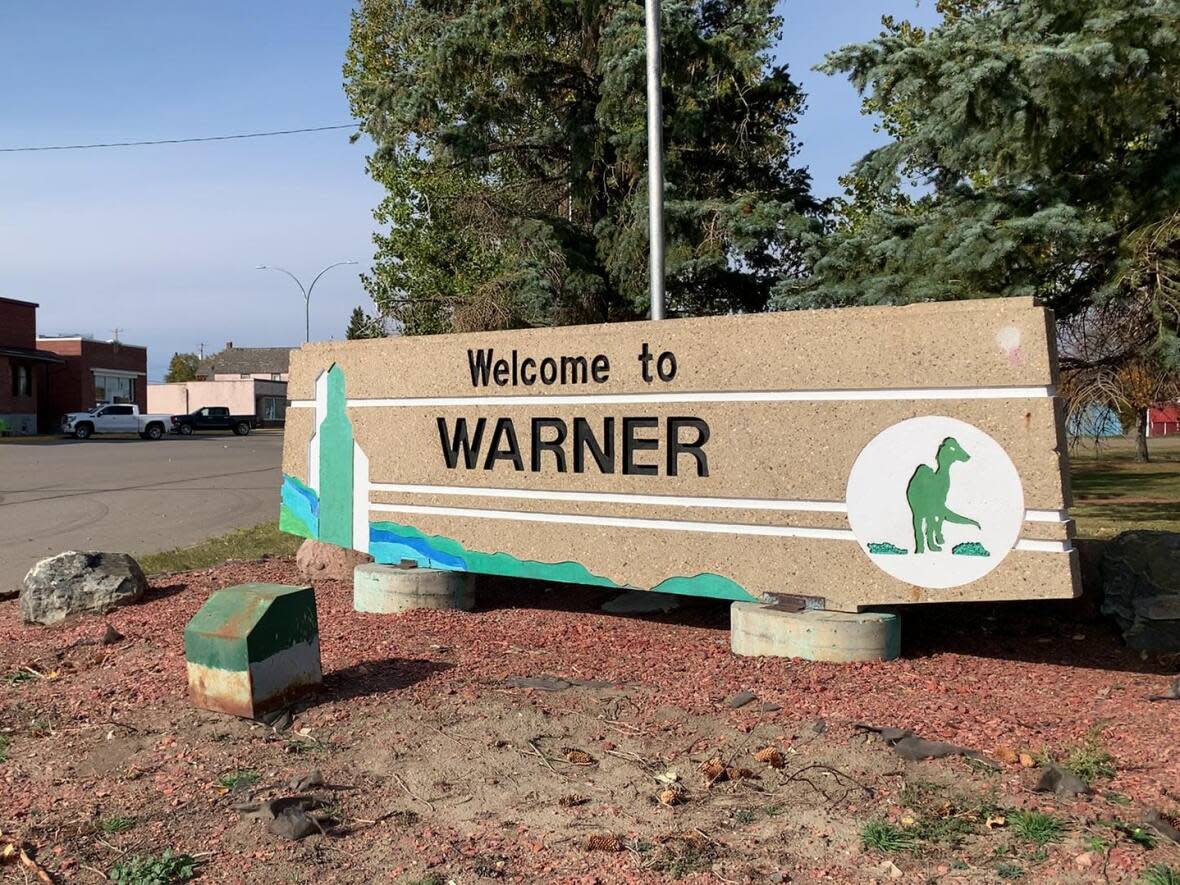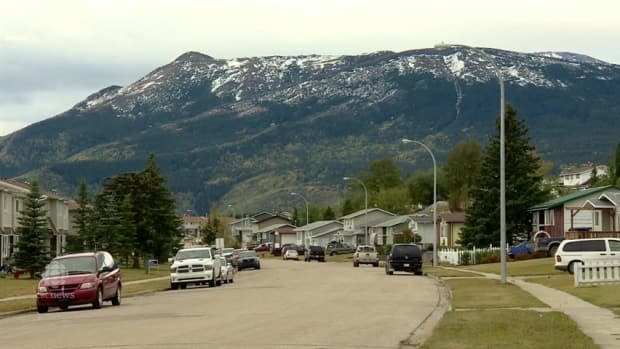Small villages in Alberta quietly disappearing as revenues dry up, costs rise

After 92 years, the Village of Hythe in northern Alberta is no more.
The community of approximately 800 people became a hamlet this summer after 95 per cent of local residents voted in support of the change.
"No one thought this was the best thing that ever happened to us, but it was the best of two bad choices," said Brian Peterson, former mayor of Hythe, west of Grande Prairie.
If Hythe remained incorporated, property taxes would have increased by 150 per cent to pay mounting infrastructure bills, Peterson told CBC Edmonton's Radio Active.
Due to closing commercial businesses in rural Alberta communities, there is less revenue to pay for public services like plowing snow, water and sewage, said Peterson.
Small rural communities are also hubs for the broader surrounding areas with doctor offices, hockey arenas and churches — all of which pay no tax to the municipality.
"It becomes unsustainable," said Peterson.
Even if Hythe remained a village and increased taxes, few could have afforded to pay, he said.
"There was no other way out."
The death of local governments
This problem is not solely Hythe's.
Since 2012, 15 communities have dissolved in Alberta, resulting in them no longer having a mayor or council. Instead they become governed by the local county.
In Hythe's case that's the County of Grande Prairie, which manages 11 other hamlets.
"We've lost self-direction," Peterson said.
In the last 29 years, Jasper is the only newly created municipality in Alberta.
List of dissolved communities
Municipal Affairs press secretary Greg Smith said in an email to CBC that the vast majority of municipalities have financial resilience and the province does not expect a surge in applications for communities to dissolve in the coming years.
But Peterson has a different point of view on the issue.
"I think there's a lot of other towns and villages that are in financial trouble and don't realize it," he said.
Rising costs
To preserve village governments, the province needs to develop new tax structures and share revenues more equally, Peterson said.
The province has significantly cut grants to help with upgrading infrastructure, said Jon Hood, chief administration officer for the Village of Warner, south of Lethbridge.
Warner has lost grant funding by approximately 40 per cent in the last five years, he said.
Meanwhile, costs to provide services are increasing.
Soon the community will have to pay to have an RCMP presence, a service that was previously free.
"It's becoming extremely difficult to survive," said Hood.
Residents of Warner will vote next year on whether to follow the same path as Hythe.

Tonya Ratushniak, former mayor of the Village of New Norway, which dissolved in 2012, said the rising cost of insurance is also hurting rural communities.
"We used to have a lot more ham and turkey bingos and suppers," she said.
Now, to cover liability in case someone falls, trips or chokes, it's not easy to throw events together quickly or cheaply, she said.
"Because of this there aren't as many events in a small town as there used to be," said Ratushniak.
While Hythe's decision to dissolve was necessary to save the community, said Peterson, it's not something he's proud of as the village's last mayor.
"I'm certainly not going to put it on my resume," he said quietly.
"But sometimes when you're in a leadership role, you have to make tough decisions."


